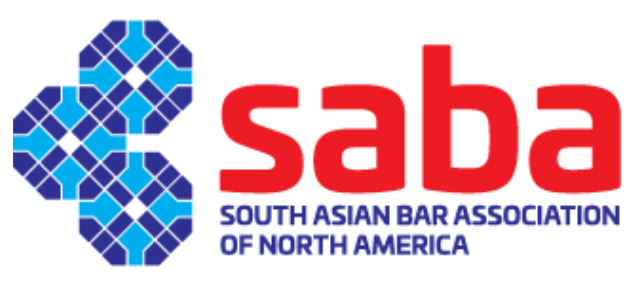
Sixty Years Later, DEI Advances the Ongoing Work of the Civil Rights Act of 1964
Bar Association Presidents From Across the Nation Call on Leaders to Double Down on DEI
As presidents of the nation’s largest diverse national bar associations, we invite general counsel, law firm managing partners, leaders of government and nonprofit legal services organizations, and law school deans to stand with us as we fight for justice and opportunity for all. Your support and partnership are even more critical now given the attacks on diversity, equity, and inclusion (DEI) from some segments of our country. As lawyers, we are guardians of the rule of law and leaders in our communities and in local, state, and federal government. For these reasons and more, we ask that you continue to be strong advocates for DEI in our profession. Our work and efforts can also support the importance of DEI more broadly.
Honoring the Legacy of the Civil Rights Act of 1964.
This year marks the 60th anniversary of the Civil Rights Act of 1964. This sweeping Act did more to bring us closer to our ideals, that we are all are created equal, than any other legislation in our history, and it set the groundwork for landmark legislation that followed it such as the Americans with Disabilities Act (ADA). Although many Americans today might take for granted the significance of passing this legislation, it was a hard- fought victory. Most of us recall Dr. Martin Luther King, Jr.’s address at the 1963 March on Washington for Jobs and Freedom. His reference to “the fierce urgency of now” was intended to push President Kennedy and Congress to move on the stalled legislation. When the legislation finally passed, close to thirty percent of the House of the Representatives and the Senate voted against it. It is not lost on us that many of the states now passing anti-DEI legislation also included the bulk of the Representatives and Senators who opposed the Civil Rights Act of 1964.
Progress Through Partnership
As a nation, we have made significant progress in the past 60 years because of the blood, sweat, and tears of those who have come before us. In the past and continuing to this day, there have been Americans of goodwill who believe that we are a better nation when all Americans can aspire to their highest ambitions, including becoming President of the United States.
DEI is Consistent with the Spirit of the Civil Rights Act of 1964 and Essential in Today’s Workplace
Although some claim that DEI initiatives are illegal or unconstitutional, the vast majority of DEI initiatives are designed to increase access and opportunity, while minimizing bias and barriers. The work is fully consistent with the spirit and intent of the Civil Rights Act of 1964. It also brings greater meritocracy to our workplaces. How can there be meritocracy in workplaces if there are insufficient efforts to recruit exceptional talent from all communities, or when there is unintended bias in our processes related to hiring, work assignments, and promotions, or when some people have greater access to formal and informal networks that result in greater opportunities? These are just some examples of issues that DEI efforts are designed to address. Again, the overwhelming majority of DEI efforts are not only legal, but essential in today’s workplace. This is why it is critical to stand firm on the importance of DEI and be strong advocates in your corporations, law firms, and universities.
Progress, but Much Work to Be Done
Although we have made progress, there is still much work to do. According to the US Census Bureau and 2023 Gallup polling, communities of color presently represent about 41% and LGBTQ+ people represent about 7.6% of the US population. Individuals with disabilities currently represent more than one in five Americans. But recent studies from the American Bar Association, Minority Corporate Counsel Association, and the National Association for Law Placement (NALP) show that people of color only account for about 21% of lawyers in the US, 15% of Fortune 1000 general counsels, and 12% of law firm partners; likewise, LGBTQ+ people only account for 4.6% of lawyers in the US, and 2.6% of law firm partners. Individuals with disabilities account for only 1.4% of the legal profession and 1.1% of law firm partners. Further, according to studies from the American Bar Association and NALP, women comprised almost 50% of law school classes in 2000, yet today, women comprise less than 28% of law firm partners. Looking at these numbers, it’s impossible to conclude that we’ve achieved the type of success that would warrant pulling back on our efforts simply because there is opposition. Those who came before us faced even greater opposition and hostility. We owe it to them and those who are coming behind us to keep working to ensure a fairer workplace and more just nation.
Allying Together for Greater Equality, Access, and Opportunity for All
Finally, there is an economic argument for supporting DEI. When all our communities do well, we have more people contributing to the economic growth and prosperity of our country. A rising tide lifts all boats. Whether our ancestors were this country’s indigenous people, or pilgrims on The Mayflower, or kidnapped Africans on slave ships, or freedom-searching immigrants arriving at Ellis Island or Angel Island, or any of the many others seeking refuge and a new life in a new land, we are all in the same boat now. We are all Americans. Our country is already one of the most diverse nations in the world, and it will continue to become even more diverse. And the exceptional achievements of our country, economically, militarily, and socially, are the result of people from all over the world who have come here and made this country home. As we move forward together, we can show the world what a pluralistic democracy can accomplish. Now is the time for leaders and people of goodwill to stand together for greater equality, access, and opportunity for all. Together we can ensure that America lives up to its ideals, where all people are created equal and have the opportunity to achieve the American dream.
Anna Mercado Clark
President
National Asian Pacific American Bar Association (NAPABA)

Wiley S. Adams
President
National Bar Association
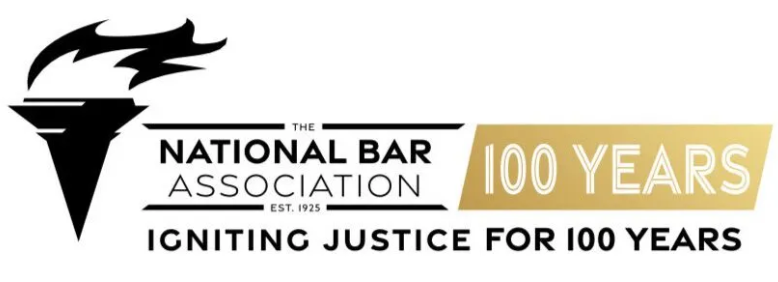
Matthew Archer-Beck
President
National Native American Bar Association

Kristin L. Bauer
President
National Association of Women Lawyers
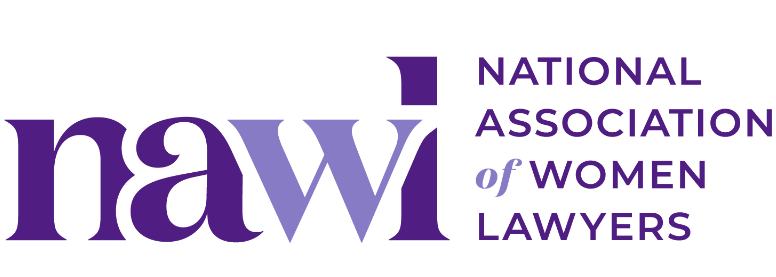
Bendita Cynthia Malakia
President
National LGBTQ+ Bar Association
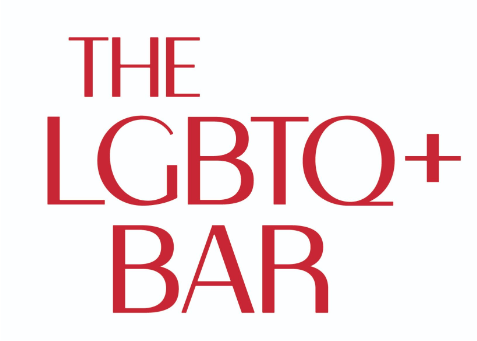
Daniel Mateo
President
Hispanic National Bar Association
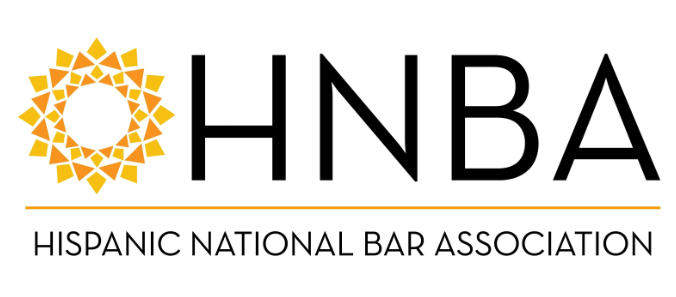
Ronza Othman
President
National Association of Blind Lawyers
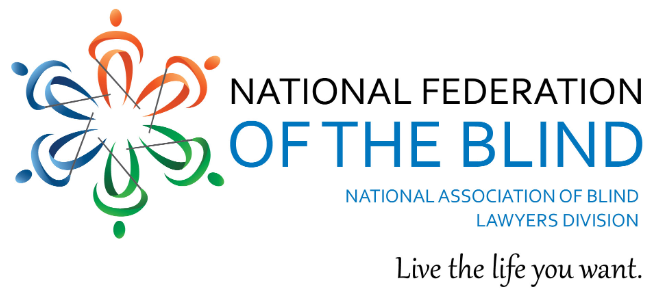
Keerthi Sugumaran
President
South Asian Bar Association of North America
